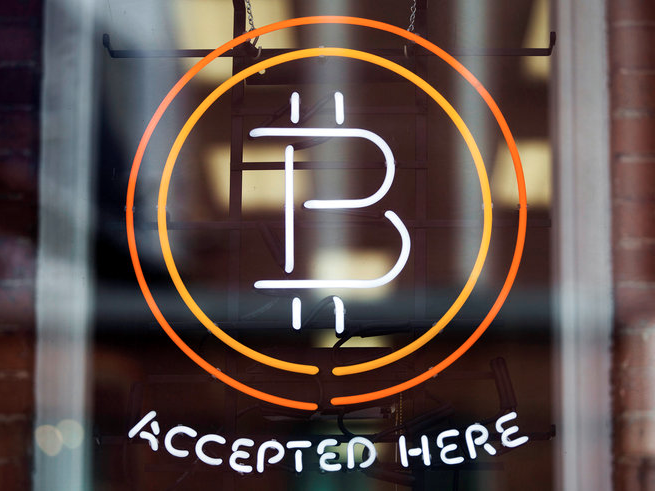Bitcoin is under pressure. Selling on Wednesday has the cryptocurrency down 9% at $1,014 a coin, where it is now more than 20% below its all-time high from earlier this month.
There’s no obvious trigger for the drop, but trading in bitcoin has been extremely volatile lately as traders parse through a large amount of headline risk.
On March 10, when the price peaked, sellers slammed bitcoin below the $1,000 level after the US Securities and Exchange Commission rejected the Winklevoss’ twins plans for a bitcoin ETF.
The SEC said it was “disapproving this proposed rule change because it does not find the proposal to be consistent with Section 6(b)(5) of the Exchange Act, which requires, among other things, that the rules of a national securities exchange be designed to prevent fraudulent and manipulative acts and practices and to protect investors and the public interest.”
Bitcoin quickly recovered those losses, but plunged just four days later after The Wall Street Journal reported that developers were threatening to set up a “hard fork,” or alternative marketplace for bitcoin.
The new platform would be incompatible with the current platform, thus creating a split and two versions of the currency. That news sent bitcoin crashing 20% over the weekend to about $950 a coin, its weakest since January.
And that's not all
For most of 2017 a Chinese crackdown on trading has been in the news. With nearly 100% of all transactions coming from Chinese exchanges, Beijing announced it was cracking down on the cryptocurrency. That caused China's three biggest exchanges to first implement a 0.2% transaction fee on all trades before eventually blocking customers from withdrawing their bitcoin.
Chinese regulators have not yet allowed withdrawals to continue. On Tuesday, China's biggest bitcoin exchanges announced they would start asking customers for proof of fund sources and withdrawal destinations. While that might be one of the final steps before allowing withdrawals to continue, it shows further evidence of China looking to reign in the market.
And even if that happens, there's more headlines to come this month. The SEC is set to make two more rulings on bitcoin ETFs, with the first due by March 30.


